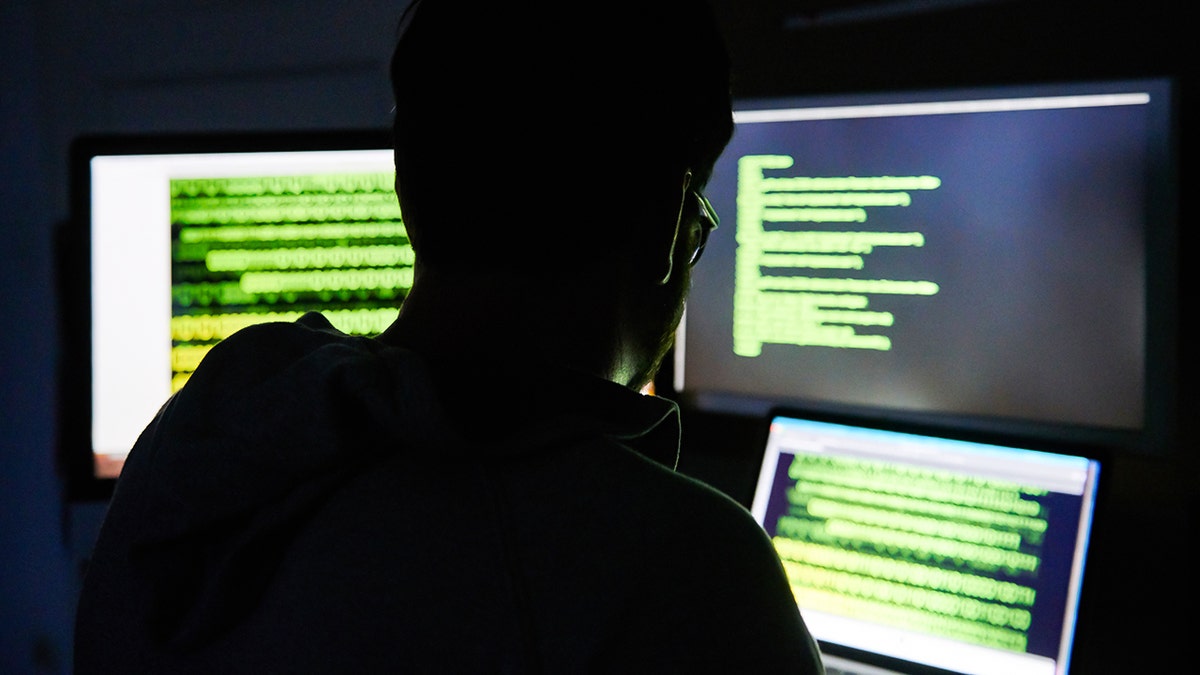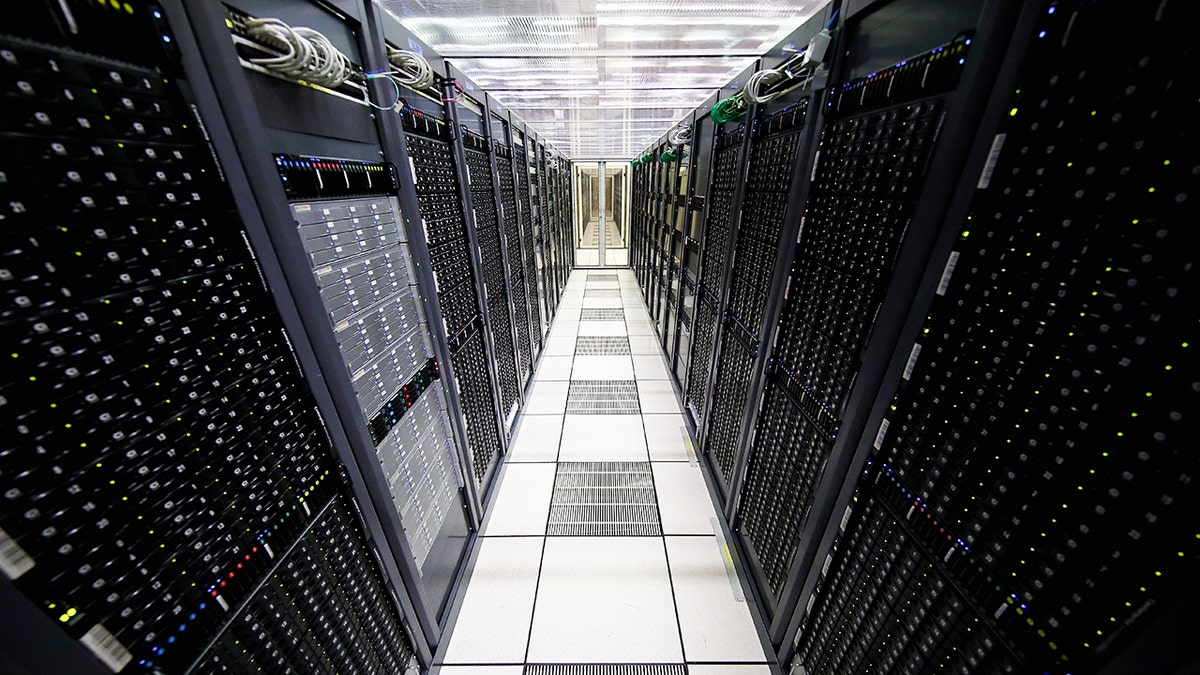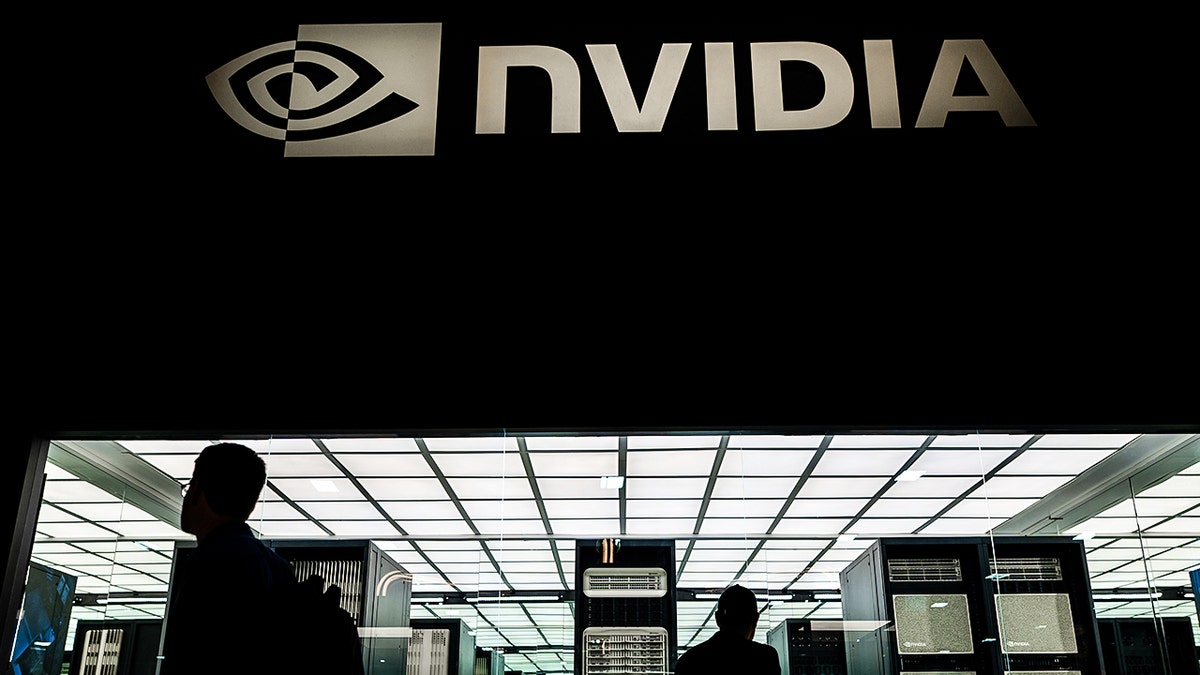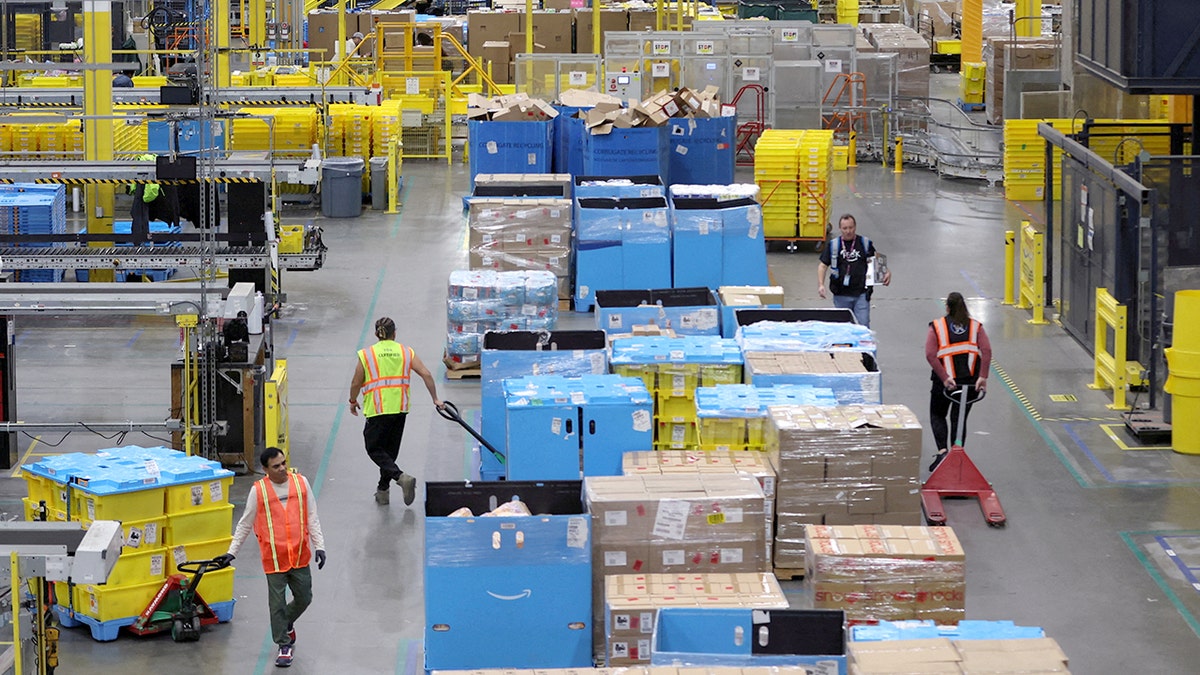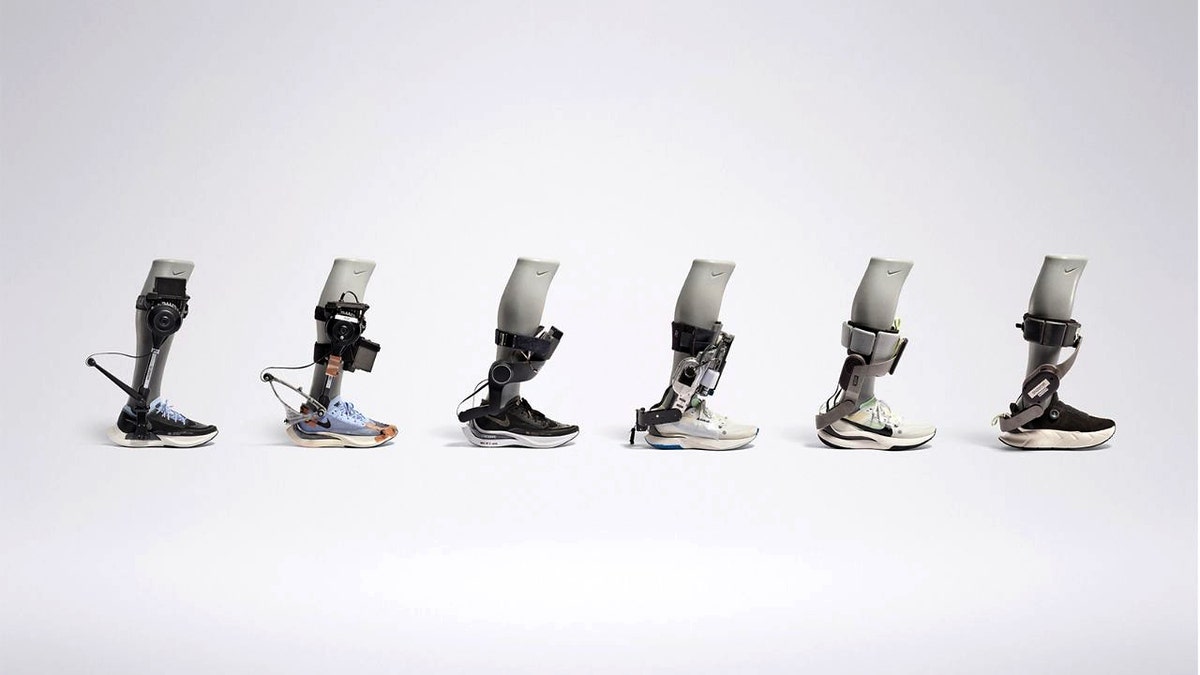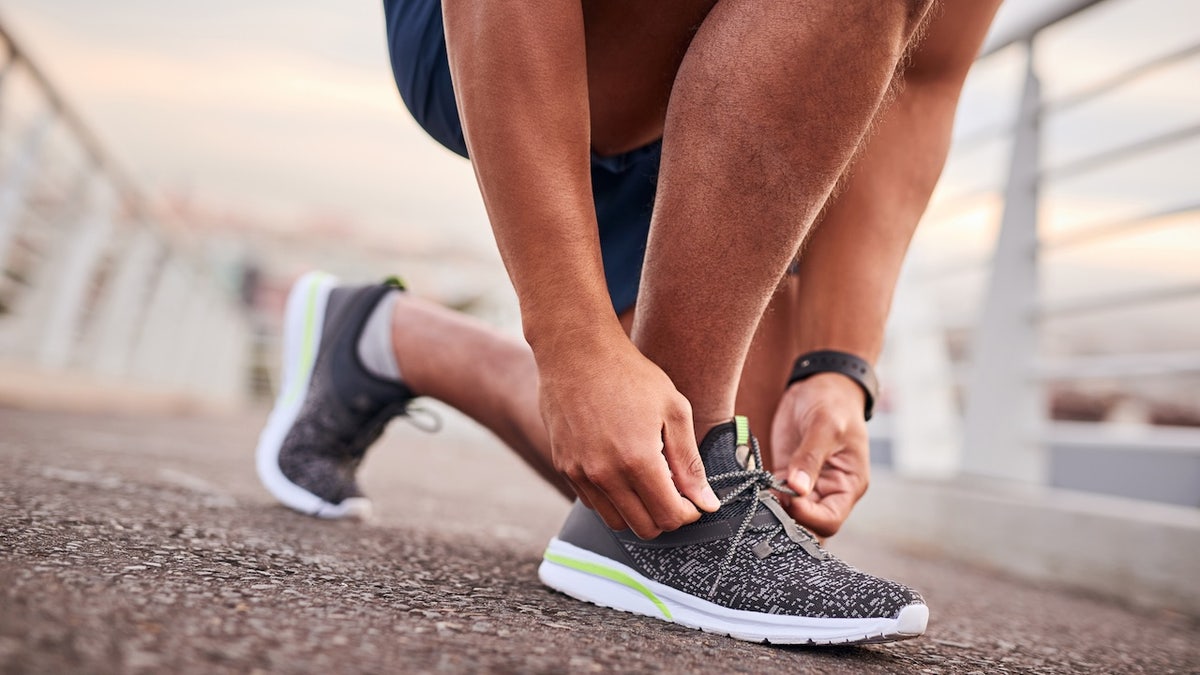NEWYou can now listen to Fox News articles!
The dark web often feels like a mystery, hidden beneath the surface of the internet that most people use every day. But to understand how scams and cybercrimes actually work, you need to know what happens in those hidden corners where criminals trade data, services and stolen access. Cybercriminals rely on a structured underground economy, complete with marketplaces, rules and even dispute systems, to operate safely away from law enforcement. By learning how these systems function, you can better understand the threats that could reach you and avoid becoming the next target.
Sign up for my FREE CyberGuy Report
Get my best tech tips, urgent security alerts and exclusive deals delivered straight to your inbox. Plus, you’ll get instant access to my Ultimate Scam Survival Guide – free when you join my CYBERGUY.COM newsletter.
5 SOCIAL MEDIA SAFETY TIPS TO PROTECT YOUR PRIVACY ONLINE
Learn how to protect your personal information from dark web threats with simple cybersecurity habits and tools. (Photo by Phil Barker/Future Publishing via Getty Images)
Inside the hidden layers of the internet
The Internet is often divided into three layers: the clear web, the deep web and the dark web. The clear web is the open part of the internet that search engines like Google or Bing can index, including news sites, blogs, stores and public pages. Beneath it lies the deep web, which includes pages not meant for public indexing, such as corporate intranets, private databases and webmail portals. Most of the content in the deep web is legal but simply restricted to specific users.
The dark web, however, is where anonymity and illegality intersect. It requires special software such as Tor to access, and much of its activity happens behind encryption and invitation-only walls. Tor, short for The Onion Router, was originally developed by the U.S. Navy for secure communication but has since become a haven for both privacy advocates and criminals.
It anonymizes users by routing traffic through multiple encrypted layers, making it almost impossible to trace where a request truly came from. This anonymity allows criminals to communicate, sell data and conduct illegal trade with reduced risk of exposure.
Over time, the dark web has become a hub for criminal commerce. Marketplaces once operated like eBay for illegal goods, offering everything from drugs and stolen credit card data to hacking tools and fake identities. Many of these platforms have been shut down, but the trade continues on smaller, more private channels, including encrypted messaging apps such as Telegram. Vendors use aliases, ratings and escrow systems to build credibility.
Ironically, even among criminals, trust is a critical part of business. Forums often have administrators, verified sellers and mediators to settle disputes. Members who cheat others or fail to deliver are quickly blacklisted, and reputation becomes the main currency that determines who can be trusted.
The criminal economy and how scams are born
Every major cyberattack or data leak often traces back to the dark web’s underground economy. A single attack typically involves several layers of specialists. It begins with information stealers, malware designed to capture credentials, cookies and device fingerprints from infected machines. The stolen data is then bundled and sold in dark web markets by data suppliers. Each bundle, known as a log, might contain login credentials, browser sessions and even authentication tokens, often selling for less than twenty dollars.
Another group of criminals, known as initial access brokers, purchases these logs to gain entry into corporate systems. With that access, they can impersonate legitimate users and bypass security measures such as multi-factor authentication by mimicking the victim’s usual device or browser. Once inside, these brokers sometimes auction their access to larger criminal gangs or ransomware operators who are capable of exploiting it further.
Some of these auctions are run as competitions, while others are flash sales where well-funded groups can buy access immediately without bidding. Eventually, this chain of transactions ends with a ransomware attack or an extortion demand, as attackers encrypt sensitive data or threaten to leak it publicly.
Interestingly, even within these illegal spaces, scams are common. New vendors often post fake listings for stolen data or hacking tools, collect payments and disappear. Others impersonate trusted members or set up counterfeit escrow services to lure buyers.
Despite all the encryption and reputation systems, no one is truly safe from fraud, not even the criminals themselves. This constant cycle of deception forces dark web communities to build internal rules, verification processes and penalties to keep their operations somewhat functional.
What you can do to stay ahead of dark web-driven threats
For ordinary people and businesses, understanding how these networks operate is key to preventing their effects. Many scams that appear in your inbox or on social media originate from credentials or data first stolen and sold on the dark web. That is why basic digital hygiene goes a long way. Below are some steps you can take to stay protected.
MAJOR COMPANIES, INCLUDING GOOGLE AND DIOR, HIT BY MASSIVE SALESFORCE DATA BREACH
From password managers to antivirus software, experts share practical ways to keep hackers out of your data. (Annette Riedl/picture alliance via Getty Images)
1) Invest in personal data removal services
A growing number of companies specialize in removing your personal data from online databases and people-search sites. These platforms often collect and publish names, addresses, phone numbers and even family details without consent, creating easy targets for scammers and identity thieves.
While no service can guarantee the complete removal of your data from the internet, a data removal service is really a smart choice. They aren’t cheap, and neither is your privacy. These services do all the work for you by actively monitoring and systematically erasing your personal information from hundreds of websites. It’s what gives me peace of mind and has proven to be the most effective way to erase your personal data from the internet. By limiting the information available, you reduce the risk of scammers cross-referencing data from breaches with information they might find on the dark web, making it harder for them to target you.
Check out my top picks for data removal services and get a free scan to find out if your personal information is already out on the web by visiting Cyberguy.com.
Get a free scan to find out if your personal information is already out on the web: Cyberguy.com.
2) Use unique passwords and a password manager
One of the easiest ways to stay safe online is to use unique, complex passwords for every account you own. Many breaches happen because people reuse the same password across multiple services. When one site is hacked, cybercriminals take those leaked credentials and try them elsewhere, a technique known as credential stuffing. A password manager eliminates this problem by generating strong, random passwords and securely storing them for you.
Next, see if your email has been exposed in past breaches. Our #1 password manager (see Cyberguy.com) pick includes a built-in breach scanner that checks whether your email address or passwords have appeared in known leaks. If you discover a match, immediately change any reused passwords and secure those accounts with new, unique credentials.
Check out the best expert-reviewed password managers of 2025 at Cyberguy.com.
3) Install strong antivirus protection
Antivirus software remains one of the most effective ways to detect and block malicious programs before they can steal your information. Modern antivirus solutions do far more than just scan for viruses. They monitor system behavior, detect phishing attempts and prevent infostealer malware from sending your credentials or personal data to attackers.
The best way to safeguard yourself from malicious links that install malware, potentially accessing your private information, is to have strong antivirus software installed on all your devices. This protection can also alert you to phishing emails and ransomware scams, keeping your personal information and digital assets safe.
Get my picks for the best 2025 antivirus protection winners for your Windows, Mac, Android and iOS devices at Cyberguy.com.
4) Keep your software updated
Outdated software is one of the biggest entry points for attackers. Cybercriminals often exploit known vulnerabilities in operating systems, browsers and plugins to deliver malware or gain access to systems. Installing updates as soon as they are available is one of the simplest yet most effective forms of defense. Enable automatic updates for your operating system, browsers and critical applications.
5) Enable two-factor authentication
Even if your password gets leaked or stolen, two-factor authentication (2FA) adds an additional barrier for attackers. With 2FA, logging in requires both your password and a secondary verification method. This includes code from an authentication app or a hardware security key.
6) Consider identity theft protection services
Identity theft protection can provide early warnings if your personal information appears in data breaches or on dark web marketplaces. These services monitor your sensitive data, such as social security numbers, bank details, or email addresses. If anything suspicious is detected, they alert you. Many providers also offer recovery assistance, helping you restore stolen identities or close fraudulent accounts. While no service can prevent identity theft entirely, these tools can shorten your response time and limit potential damage if your data is compromised.
See my tips and best picks on how to protect yourself from identity theft at Cyberguy.com.
SCAMMERS NOW IMPERSONATE COWORKERS, STEAL EMAIL THREADS IN CONVINCING PHISHING ATTACKS
Protecting your identity starts with strong passwords, two-factor authentication and regular software updates. (Jens Kalaene/picture alliance via Getty Images)
Kurt’s key takeaway
The dark web thrives on the idea that anonymity equals safety. But while criminals may feel protected, law enforcement and security researchers continue to monitor and infiltrate these spaces. Over the years, many large marketplaces have been dismantled, and hundreds of operators have been caught despite their layers of encryption. The takeaway for everyone else is that the more you understand about how these underground systems function, the better prepared you are to recognize warning signs and protect yourself.
Do you think law enforcement can ever truly catch up with dark web criminals? Let us know by writing to us at Cyberguy.com.
CLICK HERE TO DOWNLOAD THE FOX NEWS APP
Sign up for my FREE CyberGuy Report
Get my best tech tips, urgent security alerts and exclusive deals delivered straight to your inbox. Plus, you’ll get instant access to my Ultimate Scam Survival Guide – free when you join my CYBERGUY.COM newsletter.
Copyright 2025 CyberGuy.com. All rights reserved.
Kurt “CyberGuy” Knutsson is an award-winning tech journalist who has a deep love of technology, gear and gadgets that make life better with his contributions for Fox News & FOX Business beginning mornings on “FOX & Friends.” Got a tech question? Get Kurt’s free CyberGuy Newsletter, share your voice, a story idea or comment at CyberGuy.com.








